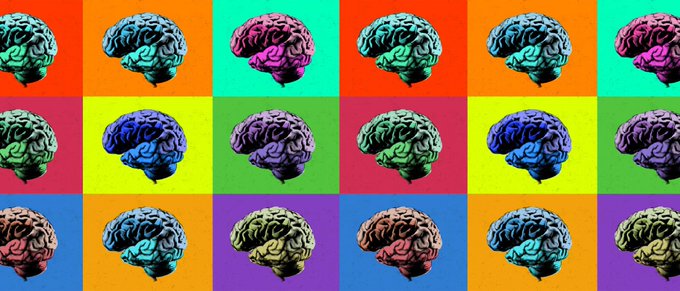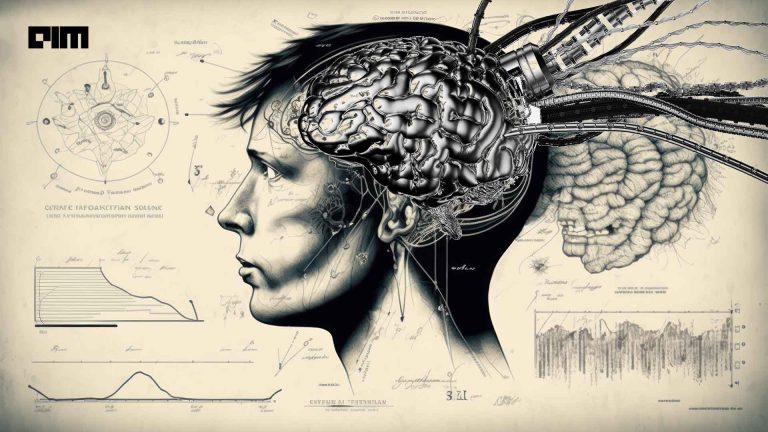In an era where technological developments are taking place at a phenomenal speed, the regular work-force or an average mind may not be up to the task of solving complex problems which require interpreting information differently or looking at the problem from a place never been before. In times of such creative crisis, come the neurodiverse cohort with their uniqueness and expertise.
Now, this is a common misconception that the advent of technology — especially AI, will lead to a heavy loss of jobs. Instead, it will lead to AI replacing a specific section of the workforce to make way for bots who can perform the task in a shorter time frame with greater efficiency; referring to repetitive and mundane jobs which require working long hours with general expertise usually. Bots do not get tired and are very good at handling large amounts of data.
Neurodiversity envelops people who have been diagnosed with neurological differences such as autistic spectrum, ADHD, dyslexia, etc. According to a report, one in 68 children shows signs of ASD (Autism Spectrum Disorder) in the US. ASD, however, has also been associated with higher intelligence and the number of this new group of geniuses seems to be on the rise. In India, one in 100 children shows signs of autism and one in every eight children are diagnosed with some form of the neurodevelopmental condition.
Companies of late have realised the great resources they have at their disposal in the neurodiverse category and are making efforts to retain this valuable asset. Companies such as Microsoft, IBM, Dell Technologies, EY, etc. have made key changes in their hiring, retention, and management schemes to provide more employment opportunities among people who belong to this group.
Empowering Neurodiverse Individuals With AI
In the AI sector, especially pertaining to the development and ground-breaking researches, neurodiverse intelligentsia with superior analytical skills, memory, and pattern recognition are known to provide crucial breakthroughs. AI-enabled tools allow companies to identify individuals with neurodiverse capabilities and help the company mould their working environment to accommodate them. In the fields such as data science, machine learning, medical diagnosis and financial sciences, where quantitative concept comprehension and pattern recognition is required, neurodiverse individuals are known to excel and outperforming their peers.
Neurodiverse individuals are known to work long hours on tasks which require repeating processes such as labelling photos and videos for the computer-vision system. Some also have heightened analytical and pattern recognition skills which make them appropriate for working on AI models and testing them.
According to Marcia Scheiner of IAEA, “Autistic individuals really are a solution for employers who are looking for highly skilled analytical individuals for certain type of jobs.”
Many of these individuals, though gifted, have particular preferences and habits and require constant monitoring. The companies analyse the way they function and use AI innovations to keep them stimulated. Big names of the tech industry such as SAP and Microsoft have been working together with NGOs — such as the Integrate Autism Employment Advisors (IAEA) to help the neurodiverse group in managing their private lives.
Goldman Sachs is another company who has their Neurodiversity hiring initiative in place. The individuals from this group are placed in a particular division within the company and are given 8 weeks to familiarise themselves with the job requirements and gain some experience of working in a ‘neurotypical’ workplace. They also receive technical skill-building and professional development training as an aid. Goldman Sachs Bangalore has especially shown an interest in implementing similar procedures at their workplace.
Lori Golden, Abilities Strategy Leader at EY said, neurodiverse individuals are seen as a business model and are employed to work in some of the most demanding sectors such as cybersecurity, blockchain, robotics, etc.
In hindsight, neurodiverse individuals employed in regular working space are known to enhance the innovative quotient of those around and also make them more empathetic and understanding. This relies on patience and many times has had adverse effects. Employment helps neurodiverse individuals pay for their living, provides them with an identity and something to keep themselves occupied, however, many like working in seclusion from others.

















































































